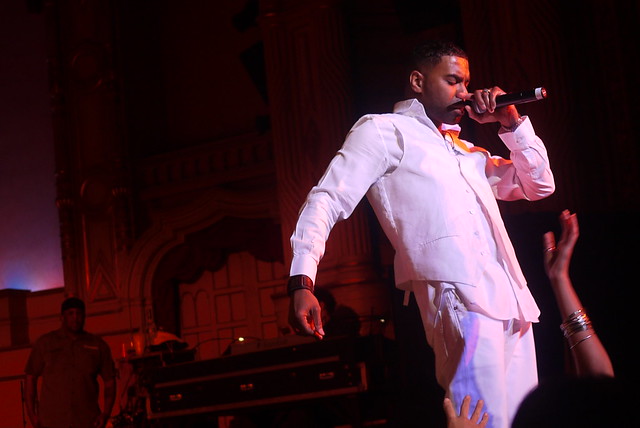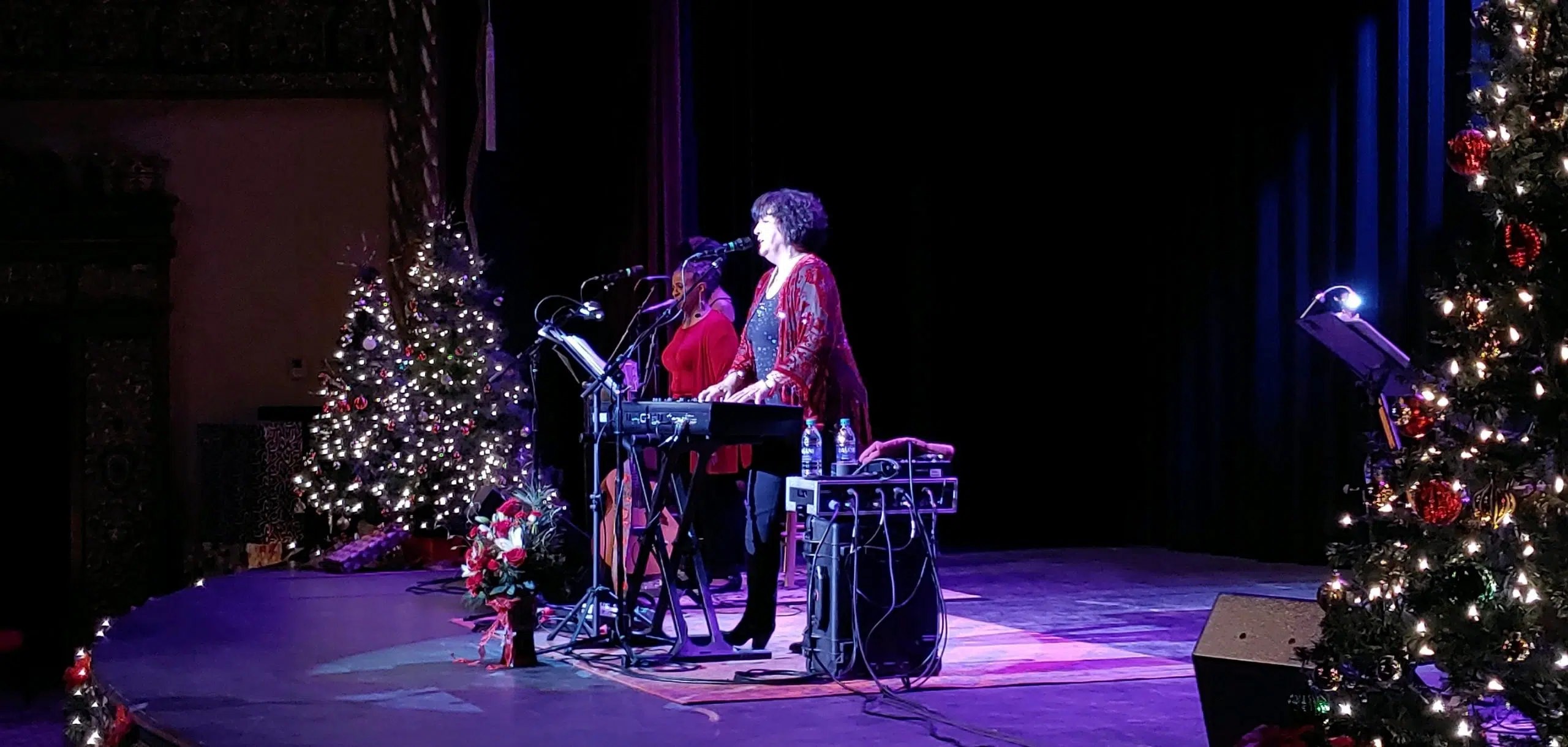

The whole thing has the air of a GCSE drama project concocted on the bus into school the morning before an assessment.

The summer solstice is the longest day in the year – and in stretching itself out to an hour and 40 minutes of tedium, Summer Solstice makes the day feel like an eternity.

Meeting after meeting occurs, and with each of Dankert’s annual summaries, the promise of another year’s worth of banality feels more like a threat. The best, by which one means the silliest, is the year in which Alba coughs throughout (“Ah, 2009! The year of the swine flu!” summarises Dankert), at which point one begins to wonder if there are hidden cameras planted everywhere and the entire audience is being punked.Ī promise that the second act gets spicier sounds more like a desperate plea for the audience not to leave in the interval than an accurate promise, and so it turns out to be. With each advancing year, it feels as if we are witnessing a multi-decade story being played out in real time, with each of Dankert’s bridging narrations – most of which seem poorly rehearsed at best, and at worst made up on the spot – condemning us to another year in theatrical purgatory.Īs Alba and Theo intone the mundanity of each year’s passing in their interminable meetings, Masry attempts to place some years in a wider context. That is especially odd since Masry is also the play’s writer – although the contempt that Masry the performer feels for the words can be eagerly shared by the audience. It’s sometimes just as well: while Anya Fedorova does a decent stab at getting lawyer Alba’s trite dialogue across to the audience, as Theo Mel Masry mumbles and throws away every syllable as if he can’t believe whoever wrote this stuff is making him say it. Tim Dankert’s waiter Leon, who acts as a narrator under the conceit that he has written a whole book about the couple who eat in his pizzeria once a year, may bring a chaotic energy to his performance, but while he is clearly amusing himself the audience are in no position to share his joy.ĭankert monologues between the scene from each year, summarising what Leo and Alba have just discussed in a sentence or more. Instead, we have a romcom with virtually no romance and even less comedy. It is predicated, though, on their being sufficient chemistry between the central characters for their initial reunion, let alone any subsequent ones, to even deserve contemplation. That’s not an awful premise for a romantic comedy. Theo and Alba meet one year at the Summer Solstice and, although both in committed relationships, are prompted by their mutual attraction to reunite the same time the following year.


 0 kommentar(er)
0 kommentar(er)
